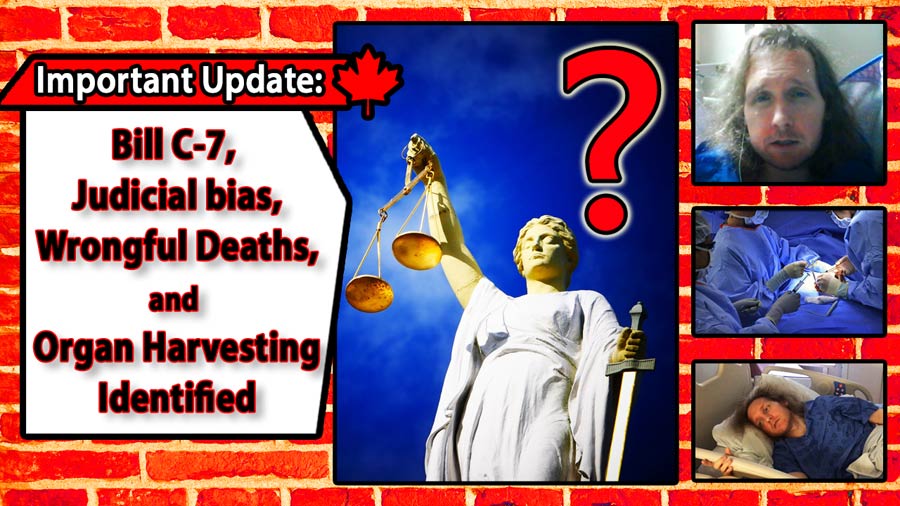Financial assistance is too low to cover the cost of living if a person can't or doesn't have the opportunity to work to the allowable earnings limit. It's not commensurate with the real cost of rents now. Average 1 bedrooms are $1300 or more per month. Bachelors even, if you can find any, are around $1100. Accessible housing is in very very short supply. Landlords charge whatever the market will bear. It's gone up about $100+ per month in four years as far as I can tell. Accessible housing is really hard to find - it narrows options considerably. Extended home care - no, not easily available to the majority of people.I agree with that statement.
What happens if a person such as yourself goes to the Doctor now and asks for MAID?
Are safeguards put in place for you ... ie extended home care or financial assistance?
I think of Roger Foley. That's exactly why he protested by taking up a hospital bed for many months. His home care was abusive and contributed to his injuries from dragging him out of bed, across the floor, and not doing safe transfers, and further illness from giving him spoiled food, that put him there. He demanded that he be allowed to hire his own care team and not be appointed whoever they gave him whenever, who were negligent. He had expressed suicidal inclinations when he first got there because he was fed up...but not because he wanted to die. He should've received suicide intervention. Doctors put pressure on him to choose MAID and he recorded it. The public scoffed at him for taking up space and "beggars can't be choosers and all that". He managed to get a lawyer, and eventually the international UN Rapporteur on disability rights came to visit him and reviewed other areas where Canada is behind, and gave Canada some bad marks - and now including "disability" in the legislation is going to continue to be under scrutiny and advocated against by major groups. Roger Foley's a fricken hero as far as I'm concerned.
I would do the same thing. I am terrified though, that if ever I am going through dark days for any reason - especially circumstantial like living arrangements and finances - and I ask for it, it would be too easy to get two doctors to agree with me because of my pre existing disabilities. It might be much easier for me to get them to agree with me than to help me. Now far easier with removing the only (weak) safeguard of foreseeable death ( did they think potential death from illness and injury in addition to his disability - because of negligent home care - counted?) ...doctors can be pretty cynical about the healthcare and support systems too, too cynical to try to find the right help.
Last edited:







